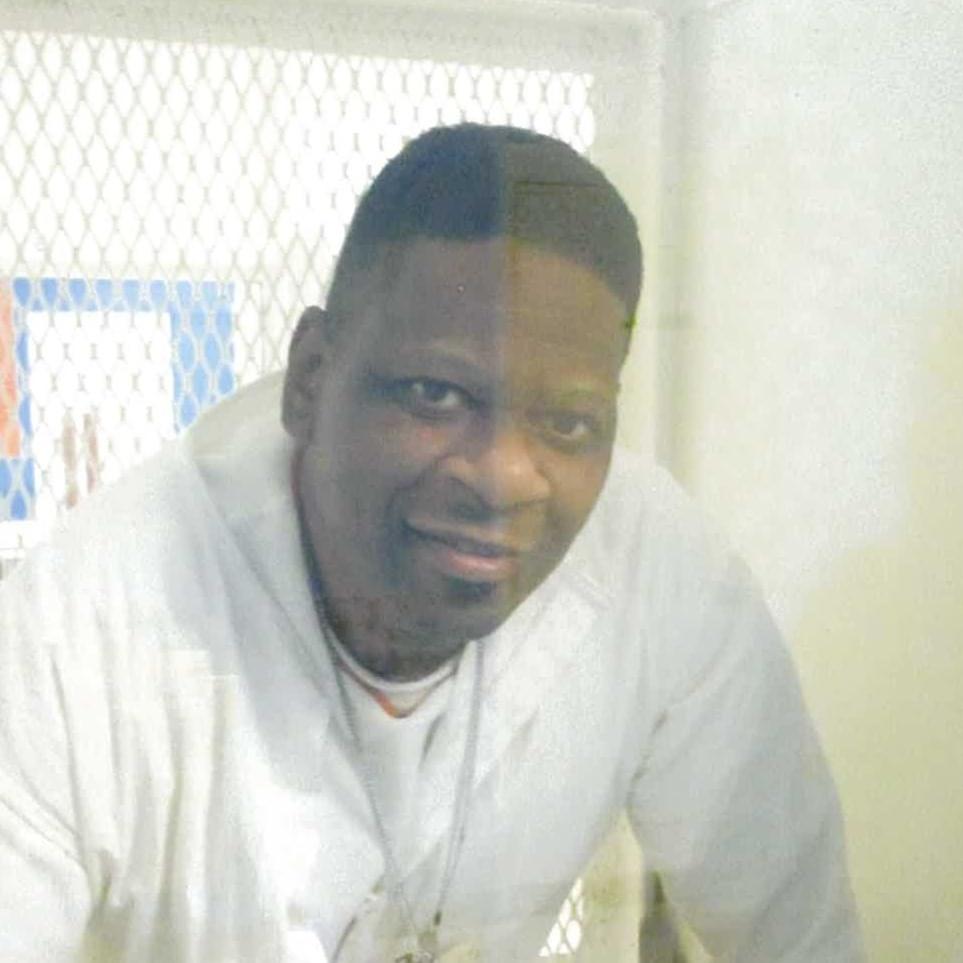
Prosecutors hid favorable evidence from Texas death-row prisoner Rodney Reed during his 1998 trial for the murder of Stacey Stites and then argued for his execution claiming that the evidence did not exist, Reed’s lawyers allege in a new court pleading filed in his case.
Reed has consistently maintained his innocence in Stites’ murder and has argued that her fiancé, Jimmy Fennell, a disgraced former police officer and a sex offender, is the killer. Reed says that he and Stites were romantically involved but hid their relationship because they feared local reaction to their interracial relationship and because Stites was engaged to a police officer with a history of racist comments.
In the latest pleading in Reed’s case, a Request for Grant of Application for Writ of Habeas Corpus filed in the 21st Judicial District Court in Bastrop County, Texas and the Texas Court of Criminal Appeals (TCCA) on December 17, 2021, Reed’s lawyers allege that Bastrop County prosecutors illegally withheld statements given by Stites’ coworkers, friends, and neighbors that would have supported Reed’s innocence claim and implicated Fennell. The filing says that for more than two decades, from before the time of trial to just before an innocence hearing in July 2021 ordered by the TCCA, prosecutors concealed witness statements from three of Stites’ coworkers, who told investigators that Reed and Stites knew each other.
Prosecutors falsely claimed at Reed’s trial that they “talked to all these people, and not one of them … ever said she was associated with that defendant. Ever. They weren’t dating according to anyone, there weren’t friends, they weren’t associates.” They argued that Stites and Reed were strangers and that he had sexually assaulted and murdered her as she was on her way to work.
The filing also reveals that Stites’ downstairs neighbor told police and a prosecutor that he frequently heard Stites and Fennell fighting. He was reportedly told “they already had their suspect, that they didn’t need nobody’s help, to mind your own business, to hush his mouth.”
Fennell — who was later convicted of sexually assaulting a woman he had detained in his police car — was initially the lead suspect in Stites’ murder. Witnesses have reported that Fennell had threatened to kill Stites if she cheated on him, and two men who met Fennell while he was imprisoned on the other charges said he confessed to murdering her.
In 1963, the U.S. Supreme Court issued a landmark ruling in Brady v. Maryland that requires prosecutors to disclose to the defense any evidence that is favorable to the defense. Withholding such evidence violates due process if there is a reasonable probability that its disclosure would have changed the outcome of the trial or sentencing, “The prosecution’s concealment of statements from Stacey Stites’s co-workers and neighbors is a textbook example of a Brady violation,” said Jane Pucher, Senior Staff Attorney at the Innocence Project, and one of Mr. Reed’s attorneys. “The constitutional violation is as crystal clear as the remedy: Rodney Reed’s conviction and death sentence must be overturned.”
The new evidence was disclosed to Reed’s defense team less than a month before his July 2021 evidentiary hearing in Bastrop County Court, 23 years after Reed was convicted and sentenced to death. Reed would have been executed without the evidence ever coming to light if the TCCA had not stayed Reed’s November 15, 2019 execution date and directed the trial court to address Reed’s claims that prosecutors secured Reed’s conviction and death sentence by suppressing exculpatory evidence and presenting false testimony.
After two weeks of testimony, Judge J.D. Langley recommended that the criminal appeals court deny Reed’s innocence claim. Judge Langley credited Fennell’s testimony at the hearing over the contrary testimony of a dozen separate defense witnesses, finding that much of their testimony was “uncredible” because the witnesses had supposedly “waited decades to bring forth [their] ‘recollection.’” The statements that were in the possession of prosecutors at the time of Reed’s trial not only bolster his version of events, but also undermine Langley’s credibility findings about the witnesses.
Langley also rejected Reed’s claim that prosecutors had presented false forensic testimony about the time of Stites’ death, crediting the trial testimony of the prosecution’s local forensic examiners over that of Reed’s nationally known forensic experts. Reed’s lawyers argue that the false testimony concerning time of death and the length of time sperm can survive in a person’s body made it appear that Reed had raped Stites just before killing her, when the evidence actually showed that Reed had consensual sex with Stites several days before she was murdered and that the killing took place at a time Fennell admitted he had been alone with her.
The TCCA has not issued a final ruling in the case.
Drew Knight and Jenni Lee, New petition filed in Rodney Reed case claims prosecutors hid evidence, KVUE-TV, Austin, December 17, 2021; Avery Travis and David Barer, New Rodney Reed case appeal: Attorneys say prosecution had evidence of Stites relationship, KXAN-TV, Austin, December 17, 2021.
Read Rodney Reed’s Request for Grant of Application for Writ of Habeas Corpus filed in the Texas Court of Criminal Appeals and the news release accompanying its filing.



